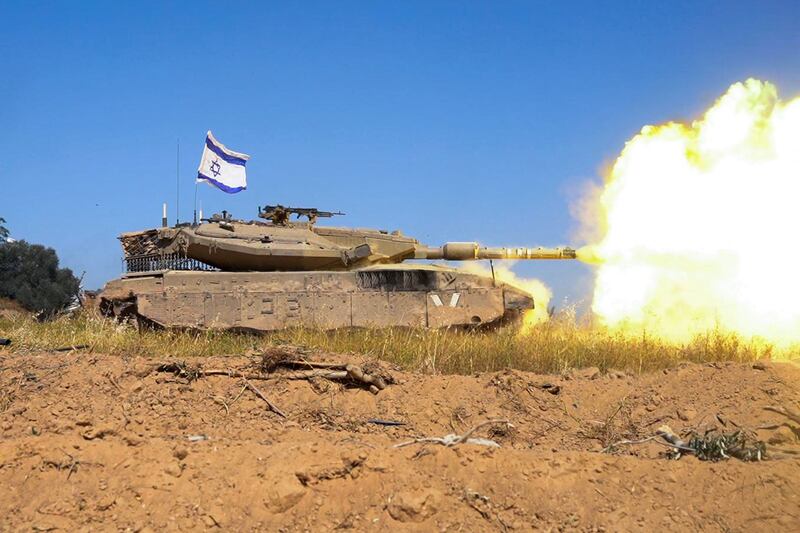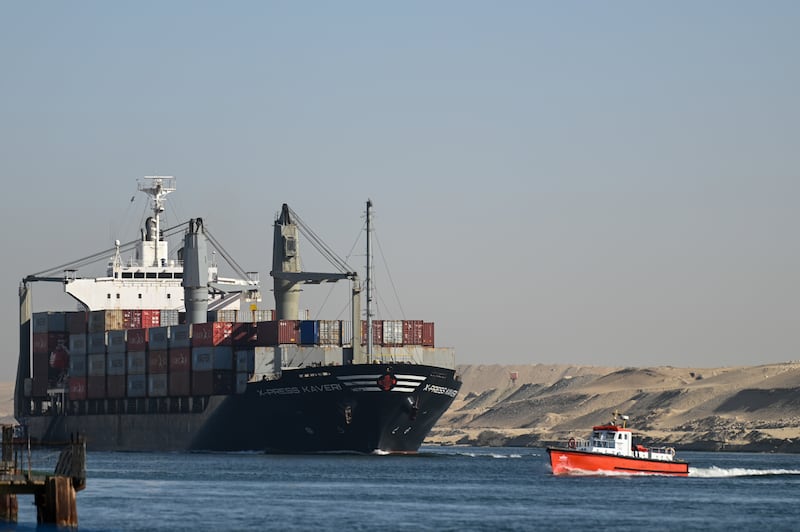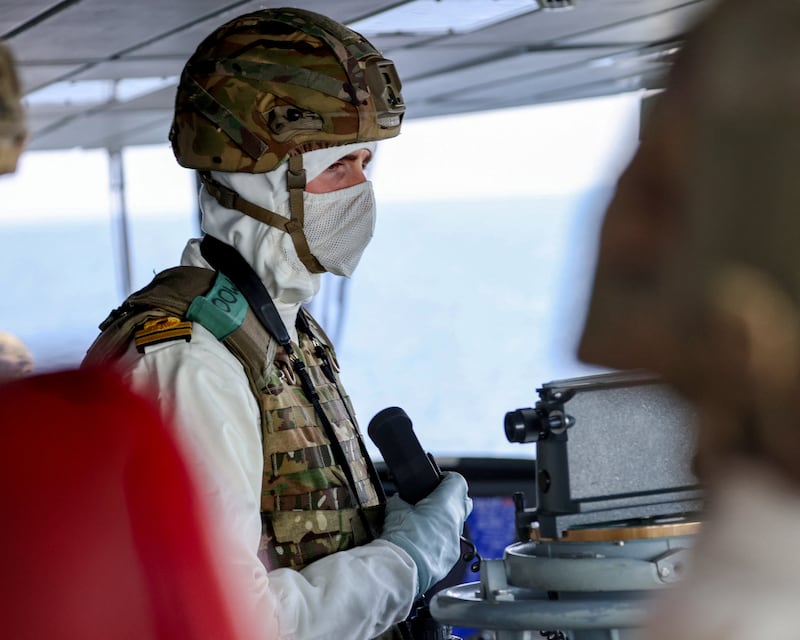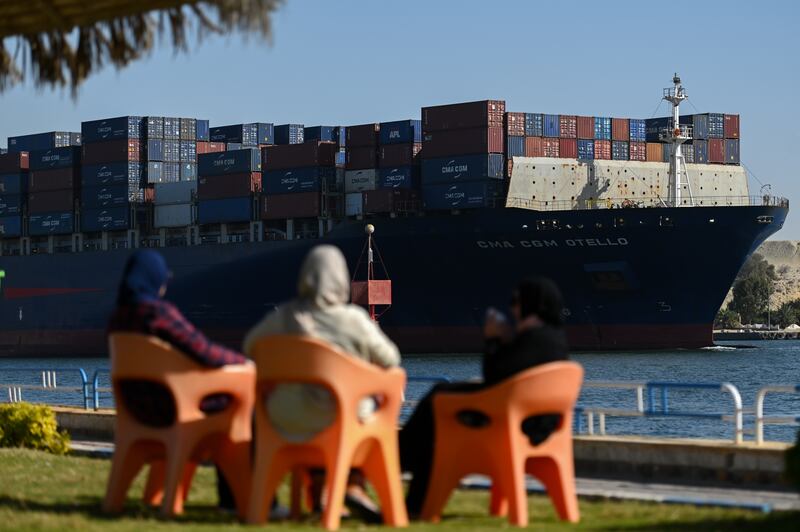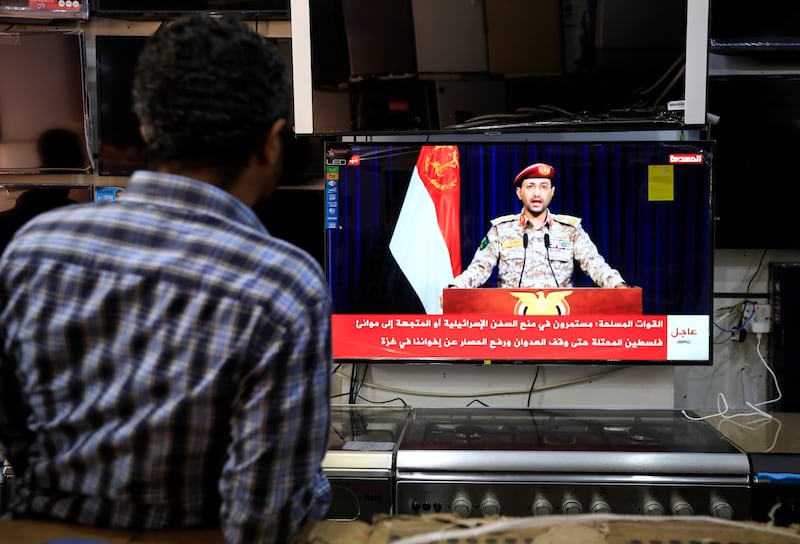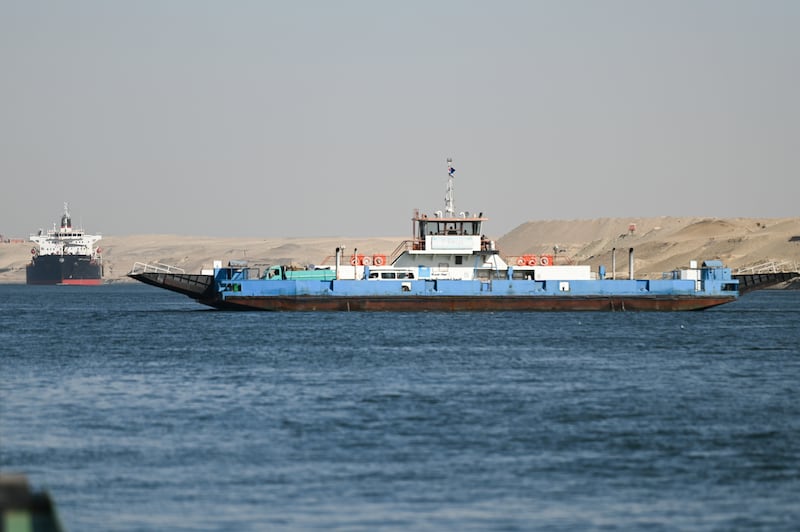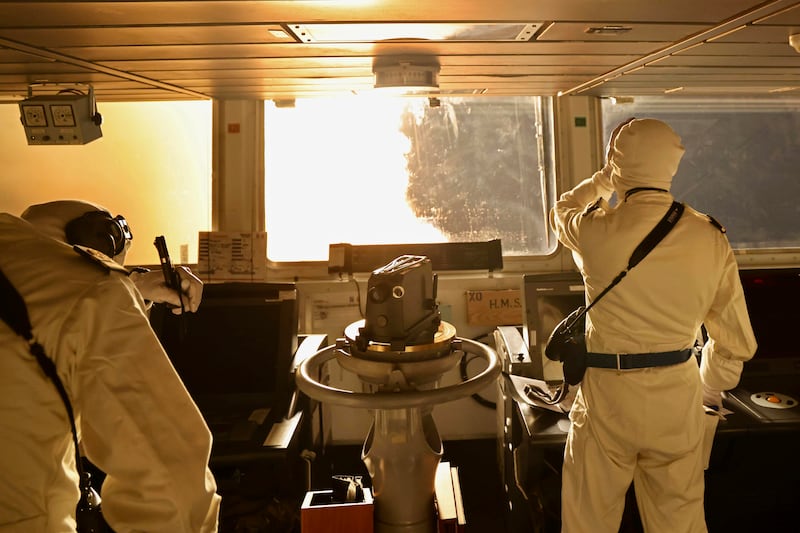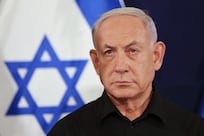As the Middle East is confronted by a regional conflict that is further destabilising countries from the Levant to the Red Sea, some de-escalation is coming from unlikely quarters. This week The National reported American contacts with the Iran-aligned Houthi rebels in Yemen as well as indirect talks between Tehran and Washington to try and build on an unofficial truce in Iraq between US forces and Iran-backed militias.
According to one Yemeni political source, mediators have been conveying messages from the US to the Houthis offering “incentives” that include the lifting of a blockade of Sanaa and Hodeidah and accelerating peace talks, if the militant group halts its attacks on international shipping in the Red Sea. As with the delicate American contacts with Iran regarding Iraq, such efforts seem to be bearing fruit: the frequency of Red Sea incidents has fallen in the past two weeks and there has been a reduction of attacks by Iraqi militias on US troops.
While any steps to reduce tension at such a volatile time are welcome, they also beg a question: if Washington can stretch itself to get involved in risky, high-stakes engagement with sworn enemies over whom it possesses relatively little leverage, why can’t it take a comparable approach, one characterised by diplomatic ingenuity, towards ending the war in Gaza?
In a week when Volker Turk, the UN High Commissioner for Human Rights, denounced the “prevailing climate of impunity” that surrounds the Gaza violence, and the Israeli military sent two reserve brigades back into the Palestinian enclave – fuelling speculation of an imminent and ill-judged offensive on Rafah – there appears to be a very different US strategy, one that is seemingly timid about wielding the considerable, practical leverage it has with its Israeli allies.
In its dealings with Tehran and the Houthis, Washington is using robust diplomacy, with all the give-and-take that entails, to further the interests of peace and the well-being of civilians, including many in conflict-ridden Sudan who rely on the Red Sea for humanitarian aid. But without an immediate halt to the Gaza war, all these carefully calibrated moves could come to naught. The next atrocity, the next deadly air strike on Gazan refugees or the next shooting in the West Bank could bring this delicate de-escalation process to a shuddering halt.
Anything that can halt the militarisation of the Red Sea – a vital global shipping lane – or remove at least one element of volatility in Iraq would be welcome. But that same diplomatic ingenuity, risk taking and pragmatism – to say nothing of wielding the carrot or stick – should also be applied to a US ally in an effort to end a war that is bad for Israelis, Palestinians and the wider region.
